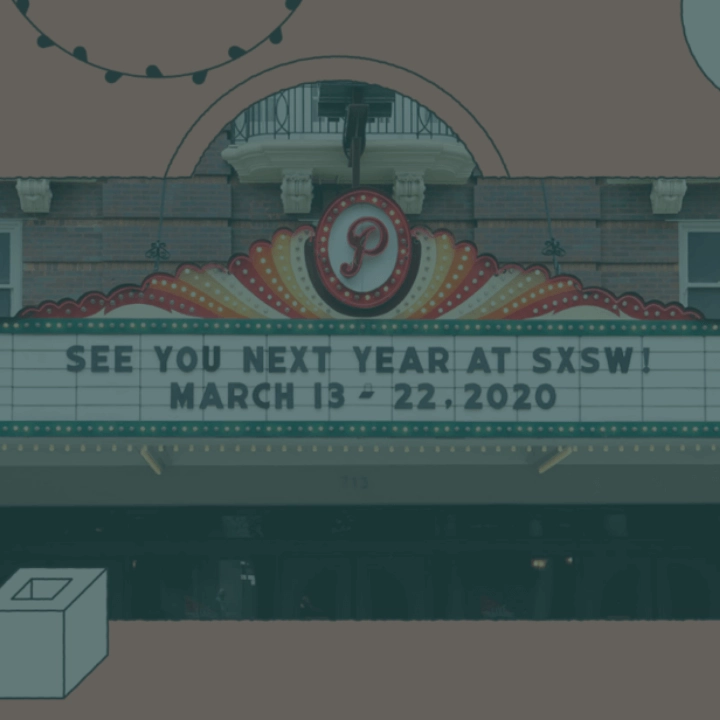If You Missed Sxsw, We’ve Got You Covered


If you’re in marketing (or remotely dialed into social media), you are keenly aware that one of the most talked about “convergence conferences” in the United States just wrapped up. In addition to boasting the best of film, technology, and business innovation, Austin’s South by Southwest (SXSW) annual extravaganza is one of the best places to soak up trends and meet interesting people from across the globe.
In addition to our own take on things, we canvassed a few folks from our network to bring you some highlights. These can be used to ensure you’re “in the know” in case your workload is a little hefty this week.
The atmosphere of SXSW is always saturated with a sort of frenzied energy, with attendees rushing around to see and experience all they can. This is one of the reasons why Sebastian Eldridge, the founder of Anchor Worldwide, was impressed by Michelob Ultra’s bid to slow everything down. Michelob partnered with The Big Quiet to organize a 2,000-person sunset meditation followed by beers and performances by Miguel, Bishop Briggs, and Cautious Clay. Eldridge explained that the event “delivered on the brand message of living a balanced life, played well off of the massive investment in the ASMR/Zoe Kravitz Super Bowl spot, and leaned into what the core of SXSW started as: a music festival.”
But SXSW has evolved into so much more than a music festival. It’s also a hub for innovative discussions about the most pressing issues of the day, such as the commercial, legal, and social implications of the legalization of cannabis. One of the 25 programming tracks at this year’s SXSW was “Cannabusiness,” and it included panels like “Can We Heal Ourselves from the War on Drugs?,” “The Future of Hemp and Health,” and “Non-Obvious Trends in the Cannabis Industry.” Amy Blackman is the founder of Fruition.co, and she points out that the emphasis on cannabis “definitely presents a strong indicator that, despite variability in state laws, there is immense opportunity for entrepreneurs to seek funding and grow their businesses within a rapidly evolving industry.”
The lines between business, politics, and culture are becoming harder and harder to distinguish all the time. From the rise of belief-driven buyers to the development of campaigns that are motivated by a sense of social responsibility, companies recognize that consumers increasingly want brand relationships to reflect their values.
Bryan Stolle, a founding partner of Wildcat Venture Partners, explains that SXSW has adapted to this change by offering a wider and more diverse range of social and political content. For example, the 2019 schedule included tracks on cities, government, and politics, media and journalism, social and global impact, and an array of other fields that stray outside of (while overlapping with) business. Stolle also notes that he has been “coaching and advising more female entrepreneurs or those thinking about launching businesses.” The first day of SXSW coincided with International Women’s Day, and speakers were on hand to discuss issues ranging from women in tech and entrepreneurship to the intersection between gender and race.
Elliot Kotek is the founder and CEO of Nation of Artists, and he emphasized the shift to belief-driven business as well: “People want to work for a company that means something.” Kotek observes that a narrow focus on profit has given way to the conviction that, as long as a company has a purpose, profit will follow. For example, Furhat Robotics was recognized at SXSW for developing an advanced social robot that could be used to, say, screen people for health problems they feel uncomfortable discussing with other human beings or assist in unbiased promotion and recruitment practices. This is work that transcends mere profit, and SXSW is the perfect place to showcase it.
